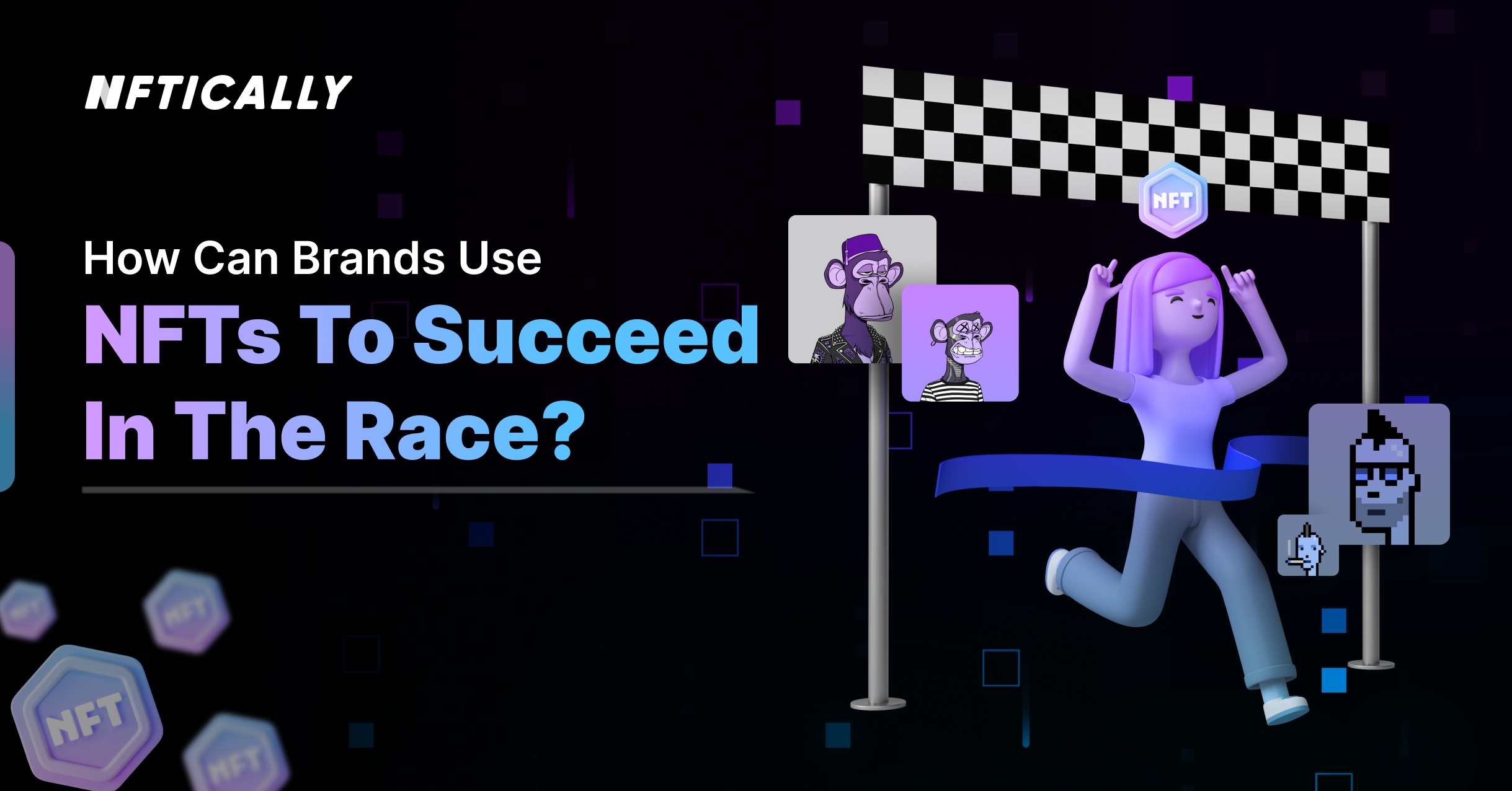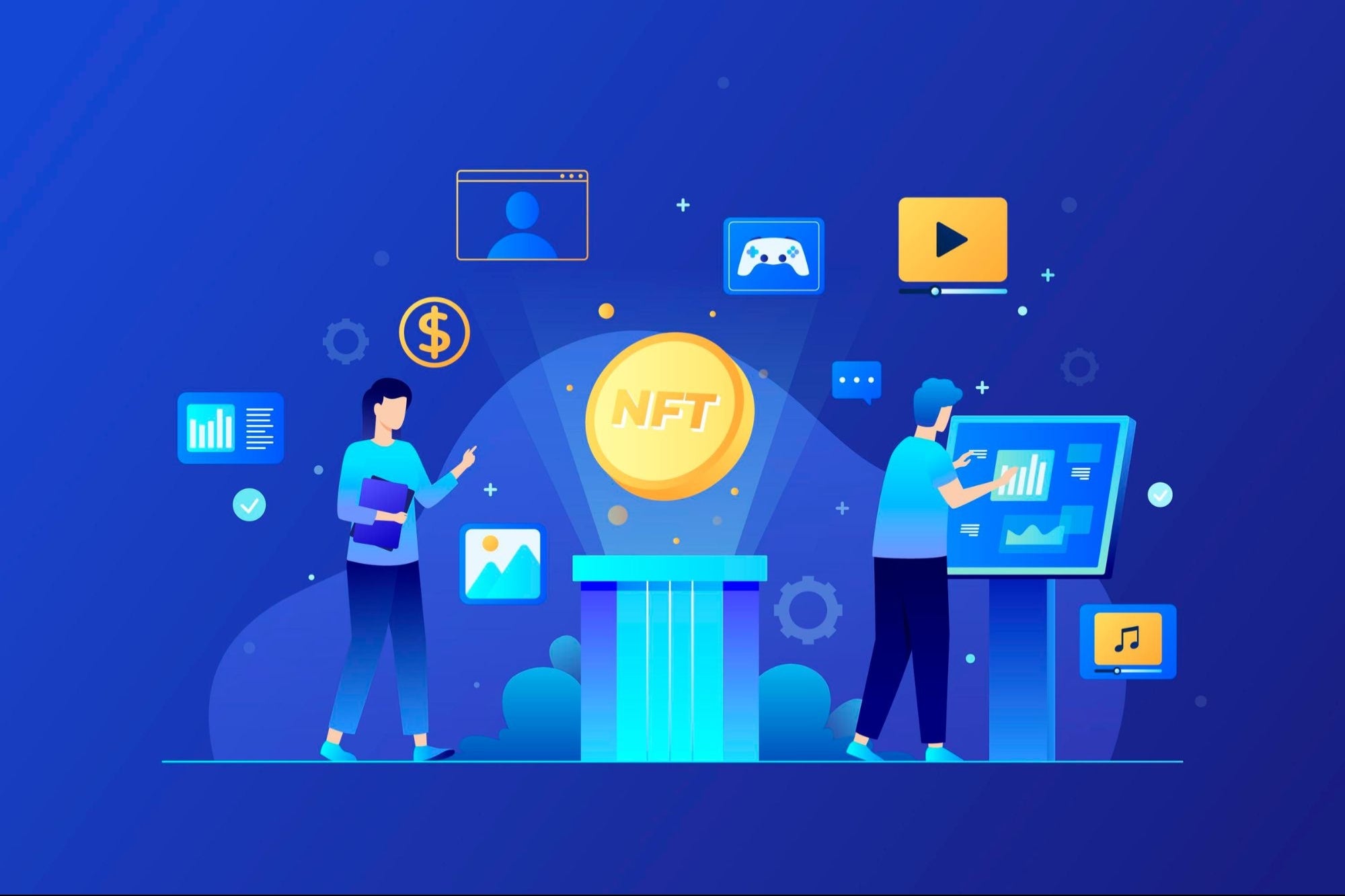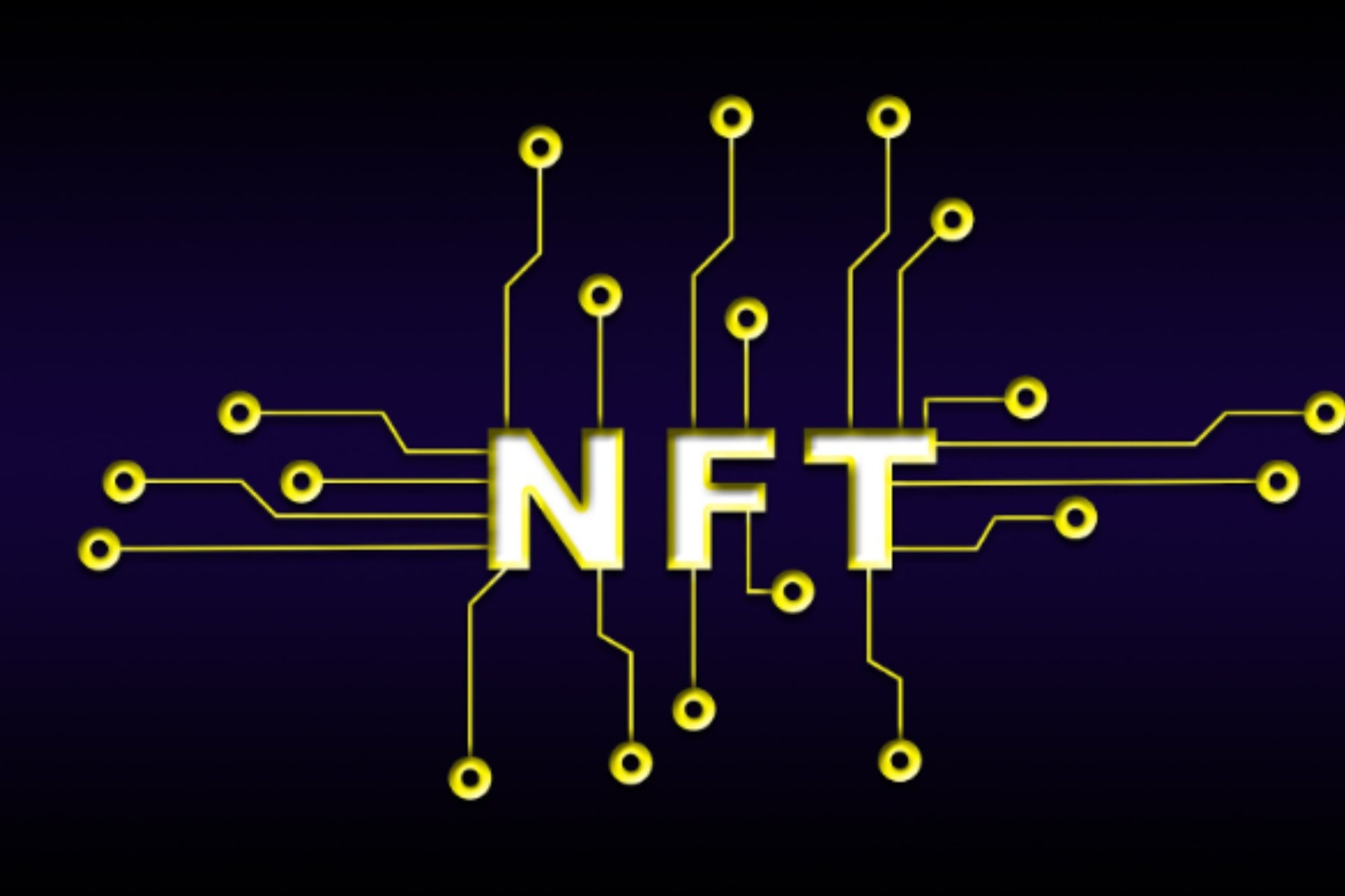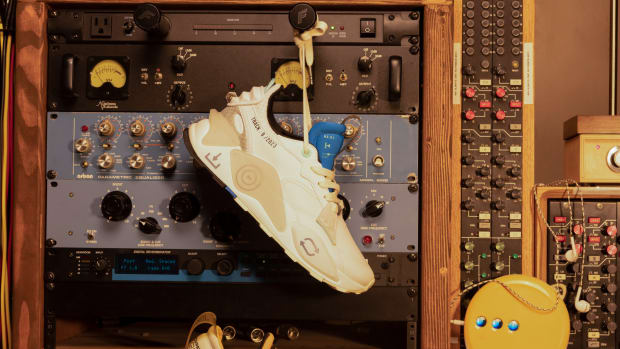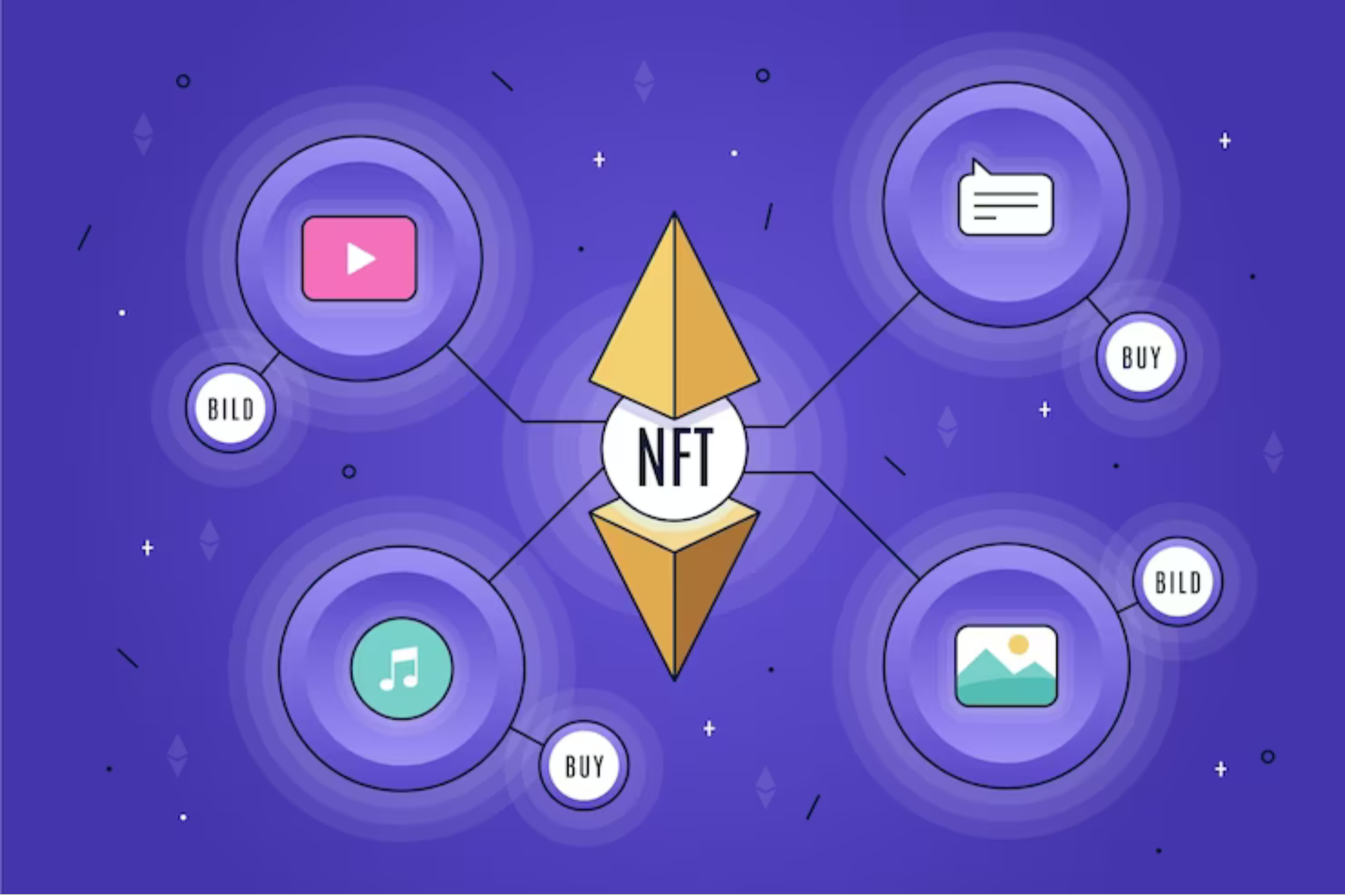The music industry has always been at the forefront of innovation, embracing new technologies and business models. In recent years, one of the most significant developments in the music world has been the emergence of Non-Fungible Tokens (NFTs). NFTs have created a buzz not only in the art and entertainment sectors but also in the broader digital economy. In this article, we will delve into the Music Industry’s Big Shift and explore how NFTs are transforming the landscape. We will also look at NFT market prices, NFT tokens’ prices, the best NFT gaming experiences, NFT price charts, the underlying NFT blockchain technology, and the best NFT marketplaces where you can find NFTs for sale.
NFTs and the Music Industry
Non-Fungible Tokens (NFTs) are unique digital assets that are indivisible and cannot be exchanged on a one-to-one basis, unlike cryptocurrencies like Bitcoin or Ethereum. Each NFT represents ownership or proof of authenticity of a specific digital item. In the context of the music industry, NFTs have opened up new possibilities for artists, musicians, and fans alike.
NFT Market Prices
One of the most intriguing aspects of the NFT ecosystem is its fluctuating market prices. NFTs have been sold for staggering amounts, sometimes reaching millions of dollars. The value of an NFT often depends on factors such as the creator’s reputation, rarity of the item, and demand from collectors. To stay updated on NFT market prices, enthusiasts and investors can monitor dedicated platforms and websites that provide real-time price data.
NFT Tokens’ Prices
NFT tokens, which represent ownership of NFTs, also have their own prices. These prices can be influenced by the same factors that affect NFT market prices. Understanding the dynamics of NFT token prices is crucial for anyone looking to buy, sell, or invest in NFTs.
The Best NFT Gaming Experiences
NFTs have found a natural home in the gaming industry. Gamers can buy, sell, and trade in-game assets as NFTs, creating a new level of ownership and value within virtual worlds. Some of the best NFT gaming experiences offer players unique items, characters, and collectibles that can be owned and traded on NFT marketplaces.
NFT Price Charts
NFT price charts provide valuable insights into the historical performance of NFTs. They can help investors and collectors identify trends and make informed decisions about buying or selling NFTs. Many NFT marketplaces offer price charts and historical data to assist users in tracking the value of their digital assets.
The Underlying NFT Blockchain Technology
NFTs are built on blockchain technology, which ensures transparency and security in transactions. The blockchain records the ownership and transaction history of each NFT, making it tamper-proof and verifiable. Understanding the blockchain technology behind NFTs is essential for anyone entering this space.
The Best NFT Marketplaces
Numerous NFT marketplaces have emerged, providing a platform for creators to mint and sell their NFTs. Some of the best NFT marketplaces cater specifically to the music industry, allowing musicians to release exclusive music and merchandise as NFTs. Exploring these marketplaces is a crucial step for artists and fans interested in the NFT revolution.
NFTs for Sale
NFTs for sale encompass a wide range of digital items, including music albums, concert tickets, and virtual merchandise. Artists and musicians have embraced NFTs as a means to connect with their fans in novel ways, offering unique and limited-edition content that can be purchased through NFT transactions.
NFT Price Trends
As the NFT market continues to evolve, it is essential to keep an eye on NFT price trends. Understanding the market’s ups and downs can help collectors and investors make informed decisions and assess the long-term potential of their NFT holdings.
The Potential Impact of NFTs on Musicians
The adoption of NFTs by musicians and artists has the potential to revolutionize the way they engage with their audience and monetize their creations. Here are some key ways in which NFTs can impact the music industry:
- Direct-to-Fan Engagement: NFTs enable musicians to connect directly with their fans, bypassing traditional intermediaries like record labels and streaming platforms. This direct engagement can lead to a more loyal and supportive fanbase.
- New Revenue Streams: NFTs provide artists with new revenue streams. Musicians can sell exclusive music releases, concert tickets, and virtual merchandise as NFTs. This not only generates immediate income but also ongoing royalties through secondary sales.
- Ownership and Authenticity: NFTs serve as proof of ownership and authenticity for digital content. This is particularly important in an age where digital piracy is rampant. Musicians can ensure that their fans are buying genuine, authorized copies of their work.
- Limited Editions: Musicians can create limited-edition NFTs, making them highly sought after by collectors. These limited releases can include rare unreleased tracks, behind-the-scenes content, or even personalized experiences like private concerts.
- Fan Involvement: NFTs can involve fans in the creative process. Artists can offer NFT holders the opportunity to influence song lyrics, cover art, or even the direction of music videos, enhancing fan engagement.
- Global Reach: NFTs have a global reach, allowing musicians to connect with fans from around the world without the constraints of physical distribution. This expands their fan base and revenue potential.
Challenges and Considerations
While NFTs hold immense promise for the music industry, there are also challenges and considerations that need to be addressed:
- Environmental Concerns: NFTs are often criticized for their environmental impact due to the energy-intensive nature of blockchain technology. Musicians and NFT platforms may need to explore eco-friendly alternatives.
- Regulatory Landscape: The regulatory landscape for NFTs is still evolving. Musicians and NFT marketplaces should stay informed about the legal and tax implications of NFT transactions.
- Market Volatility: NFT market prices can be highly volatile. Musicians and collectors should be aware of the risks associated with price fluctuations.
- Accessibility: NFTs are a relatively new technology, and not all fans may be familiar with how to purchase or interact with them. Musicians may need to provide educational resources to their audience.
The music industry’s adoption of NFTs represents a significant shift in the way artists and fans interact with digital content. NFT market prices, NFT tokens’ prices, the best NFT gaming experiences, NFT price charts, blockchain technology, the best NFT marketplaces, NFTs for sale, and NFT price trends are all integral components of this transformative journey. Whether you are a musician, collector, or enthusiast, exploring the world of NFTs in the music industry promises exciting opportunities and innovations for the future. Stay tuned, as this groundbreaking shift continues to shape the music industry’s landscape.
